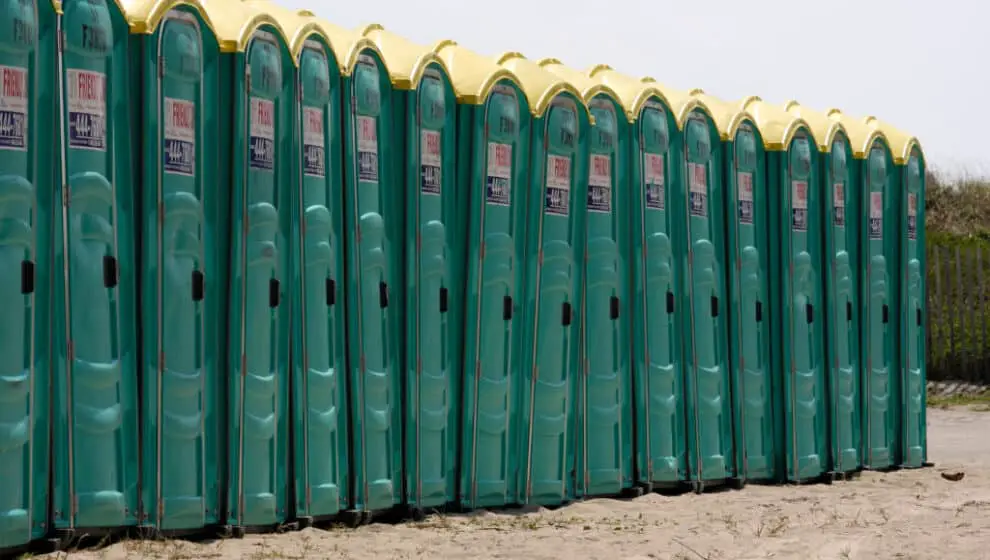A Vermont-based startup is taking a unique approach to recycling by converting human waste in portable toilets to nutrient-rich fertilizer.
Key Details
- On Wednesday, Wasted announced that investors such as Collaborative Fund, Third Sphere, Pure Ventures, Divergent Capital, Day One Ventures, and Gratitude Railroad had contributed $7.5 million in seed funding for the startup.
- The three-year-old company collects human waste from porta-potties and transfers it to a processing center. There, they can extract nutrients to create fertilizer.
- With the new funding, Wasted will begin its first program to collect 200 specialized porta-potties from construction sites in Burlington, Vermont.
- Wasted’s porta-potties cost about the same amount as traditional portable toilets—around $200, Bloomberg reports.
- Wasted hopes to reduce phosphorus run-off that has contributed to algae bloom on the nearby Lake Champlain by producing nitrogen-rich fertilizer with the waste.
- “What we’re building through the porta-potty industry is distributed, climate-resilient sanitation that can be deployed everywhere that it’s needed,” Wasted CEO Brophy Tyree says.
Why it’s news
Wasted’s process is part of “container-based sanitation.” The idea itself isn’t new—startups in Europe are already beginning similar programs—but Tyree is hoping to bring the system to the U.S.
One of the main draws of Wasted’s plans is the environmental relief it can provide. Container-based sanitation typically uses less water than traditional sewage systems. In the Burlington, Vermont, area, the system has the additional benefit of reducing phosphorus run-off to Lake Champlain. Wasted’s system can also reduce stress on densely populated cities’ overworked sewage infrastructure.
Fertilizer prices have been elevated since the war broke out in Ukraine. Many of the valuable minerals needed for fertilizer come from the Eastern European country. Wasted’s process can give farmers access to less expensive, readily available fertilizer.
As an added bonus, according to Tyree, Wasted’s porta-potties tend to smell better than traditional models.
Wasted plans to expand its business to campsites, concert venues, and other cities. While some cities like Chicago and Tacoma, Washington, already extract nutrients from their sewage systems, Wasted is the first of its kind in the U.S.
